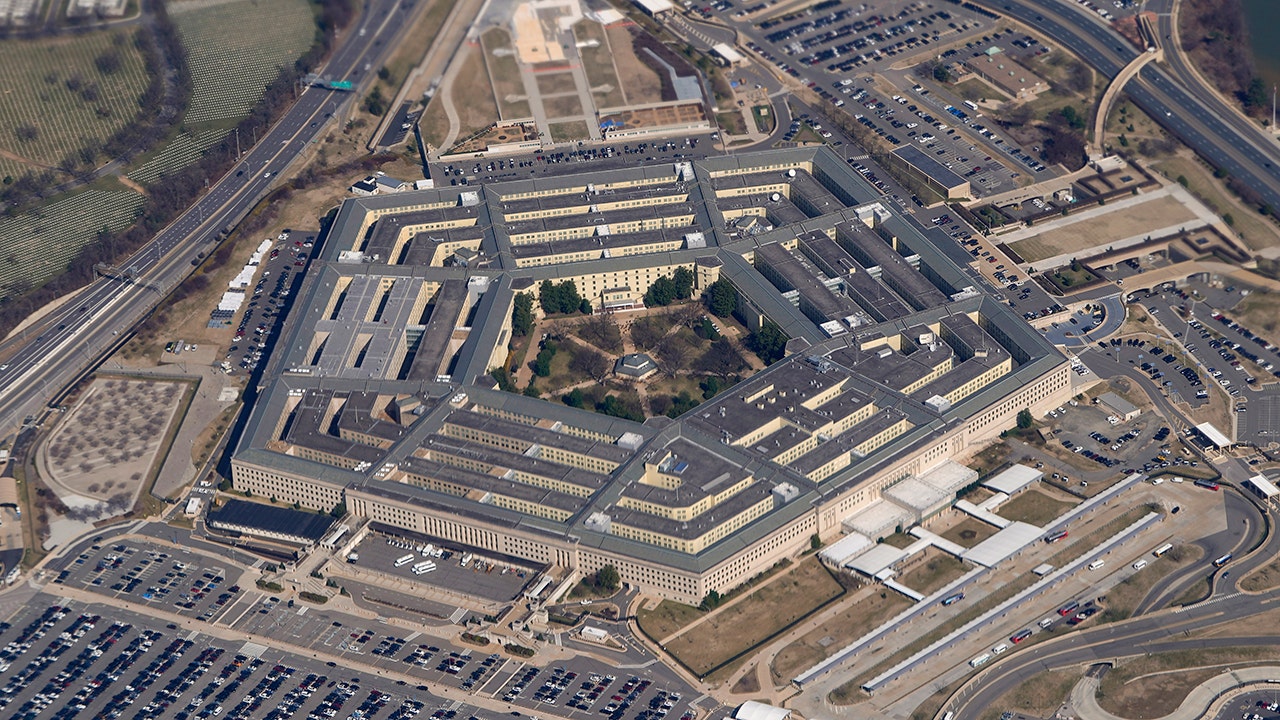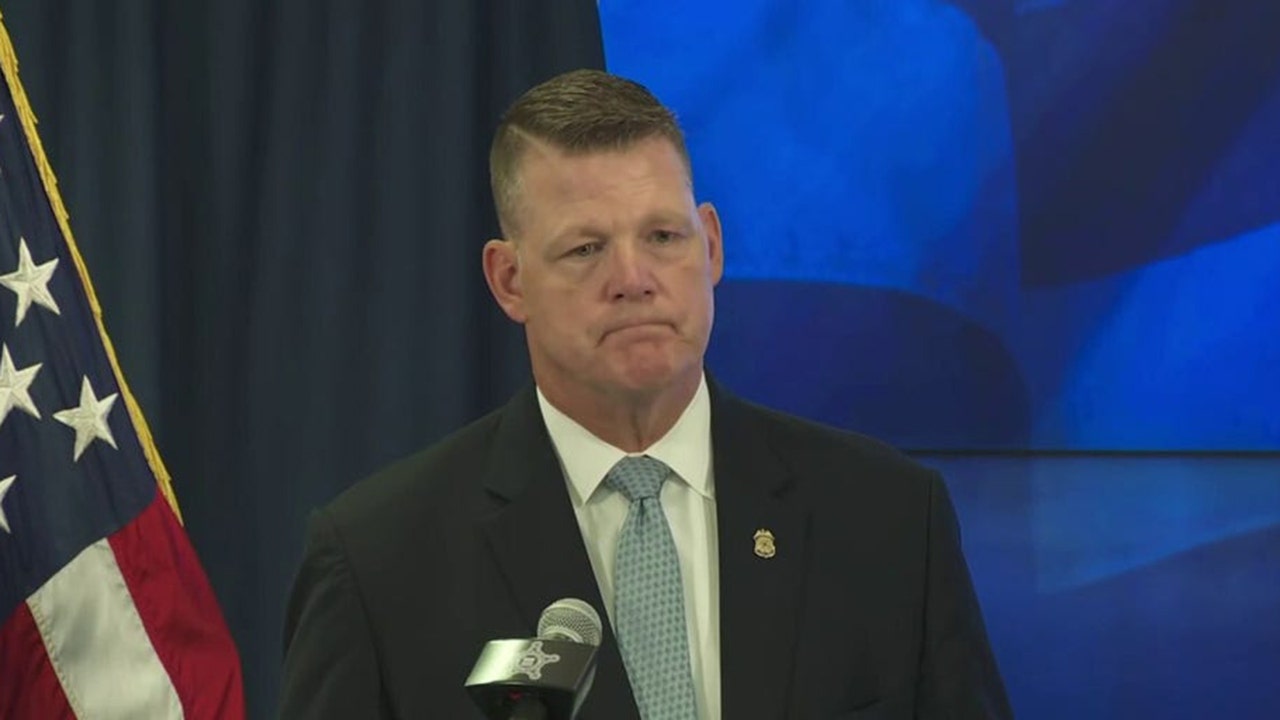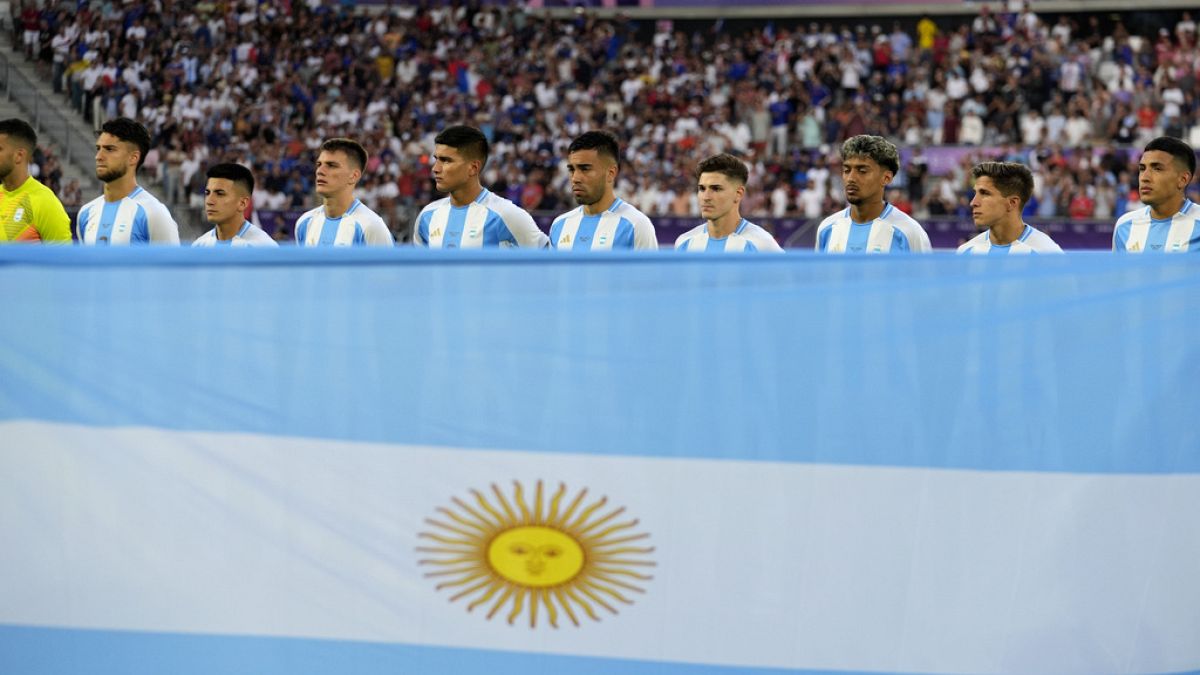North Carolina
NC plan to expand private school vouchers rekindles debate over separation of church and state
An age-old debate over whether public money should fund religious education is being rekindled as Republican lawmakers consider a massive expansion of North Carolina’s private school voucher program.
The arguments against such efforts center on long-held beliefs over the separation of church and state. Critics say public funds shouldn’t go toward private institutions that don’t follow the same standards as public schools and spend time teaching religious values — including beliefs that could influence science education or support exclusionary admissions policies.
“If parents want their private religious schools to stay free from government interference and not be sullied by the government in any way, then they should actually want there to be no connection between these private religious schools and government funds,” said Rachel Laser, chief executive of Americans United for Separation of Church and State. “Because with government funds, strings are attached, and they should be, that’s what we want, right? And at the same time, we don’t want that in our religious institutions, because that’s dangerous.”
Supporters of private school vouchers, however, point to long-standing precedent established by the nation’s highest court protecting such programs — and market demand.
“Far too many (people) try to make it out as a means to just simply fund private schools,” said Mike Long, director of the Parents for Education Freedom North Carolina and a supporter of vouchers. “Families are the ones that make the choices. It’s not the state saying where you must spend it. It is the students and the families. That’s why it is indeed Constitutional.”
Most of the private schools that receive public funding to educate North Carolina’s schoolchildren are religious, data show, receiving about $117 million this year and serving about 22,600 students. Religious schools account for 88.2% of the private school voucher dollars in the state, though religious schools comprise just 64.1% of the state’s private schools. Nearly all of the schools are Christian, and a few are Islamic or Jewish.
Those schools are expected to receive more public money if lawmakers succeed in passing a law to expand eligibility for the vouchers, known in the state as Opportunity Scholarships. Republican lawmakers in the GOP-controlled legislature want to allow families of all incomes to receive vouchers, more than tripling funding to more than $400 million for the 2024-25 school year. It would eventually top $500 million.
‘A lot of tension’
Whether and how public funds should go toward religious institutions has been litigated before the U.S. Supreme Court for decades and is even spelled out to varying degrees in the U.S. Constitution and state constitutions, dating back centuries.
The First Amendment to the U.S. Constitution says government can’t make laws that establish an official religion or that restrict the practicing of religion.
“There’s a lot of tension between those two clauses,” said Jane Wettach, a retired Duke University law professor who focuses on education law. “That’s why these questions are coming up.”
Since the 1900s, courts have been fairly strict in their interpretation of the First Amendment when it comes to the separation of church and state. But the approach has loosened under the U.S. Supreme Court in the past two decades, Wettach said.
In 2002, the court ruled public money could be used at religious private schools because voucher programs were neutral on religion and families were the ones who chose religious schools. In 2020 and 2022, the court ruled voucher programs could not exclude religious schools. If public money was going to non-religious private schools, the court said, it had to also go to religious private schools. That superseded many state constitutions that had explicit prohibitions on public money being used at religious institutions.
Since last year’s ruling, North Carolina is poised to join several other Republican-led states in expanding public funding for private education to families of all income levels. It’s an expansion that, until the most recent rulings, was virtually unheard of. Public funding for private schools has typically been limited to low-income students, students who attend low-performing schools or students with some type of special need.
North Carolina’s proposed expansion would make current private school students eligible for a private school voucher. It would prioritize the lowest-income students before the highest-income students.
The proposed expansion would top $400 million during the 2024-25 school year, more than triple the current expenditure. That would pull more students out of public school, eventually drawing more than $200 million out of public schools.
Separation of church and state
Private schools in North Carolina don’t have to follow the same rules as public schools, even if they receive public money.
They can develop their own standards and select different national tests on which to measure their students. Religious schools can teach religion classes or incorporate religious ideas into core curricula, such as religious interpretations of literature or creationism instead of evolution in science class.
Private schools must comply with federal civil rights laws, including that they cannot discriminate in their admissions processes based on ethnicity, race or religion. They cannot discriminate based on sex, unless they are a single-sex school.
Some states may have more rules on how private schools cannot discriminate, but most cite the federal civil rights statutes.
That means anyone not protected by them could be excluded from admissions. That could be students who are LGBTQ+, students whose parents are a same-sex couple, students who have certain disabilities or students who don’t meet certain academic or behavioral criteria.
Joe Haas, director of the North Carolina Christian School Association, noted the fundamental differences between how public schools and private schools are set up. Students don’t have the right to attend a private school; they must meet admissions criteria. Private schools also don’t need to offer programs for students with disabilities or follow certain federal rules if they don’t receive federal funding.
“Religious nonpublic schools have a right to restrict admission to any student that does adhere to the biblical position on human sexuality and marriage,” Haas said. Some do.
Laser, the Americans United for Separation of Church and State CEO, cited the case of a school in Maine that received public funding while teaching against Islam, against women working and against LGBTQ rights.
“They don’t have to accept kids that they don’t want to and they can discriminate in who they let in,” Laser said.
Voucher eligibility
Roughly one in six North Carolina private school students receives an Opportunity Scholarship to attend. No data are published on why families opt for a private school instead of a public school, but experts say at least some families are seeking out a religious education. But other families have other needs. Some, for instance, might be looking to change schools to avoid bullying. Others are simply looking for an alternative to help a student who is struggling academically.
“Their only way out of a bad situation was a good school, a good education, a school that meets the needs of that child,” said Long, the Parents for Education Freedom North Carolina director.
Laser said the expansion of a voucher program that primarily funds religious schools aligns with the resurgence of the religious right and its focus on politics and education.
That so many of the schools receiving vouchers are religious is the point of voucher expansion, according to Laser.
Laser said societal changes, including wide acceptance of same-sex marriage, have led to backlash.
“We’ve seen a 40% decline of white Christians in the country, in just a generation,” Laser said. “And those changes, I think, are being felt by a lot of people.”
Concerns of discrimination and private schools are not new.
Economist Milton Friedman first devised the idea of the modern school voucher in the 1950s, arguing against a system of public schools and for a market-based education system.
Vouchers first appeared when public schools were ordered to desegregate in the 1950s and 1960s. States, including North Carolina, started voucher programs that were effectively for white families who didn’t want to integrate to send them to white private schools. Courts eventually ruled those programs unconstitutional, shuttering them nationwide.
In the 1980s and 1990s, conservative politicians began pushing for voucher programs as a way to improve education. The first of today’s voucher programs started in 1990 in Milwaukee.
They gradually expanded over the years, largely to serve students who had a disability, were low-income or attended a struggling school.
In North Carolina, since 2014, the vouchers have been only for low-income students. They do not need to attend a struggling school or to be doing poorly academically.
The future of school
The landscape of North Carolina’s voucher program today is about choice, according to Long.
Families expect to be able to choose where their child receives an education, and North Carolina should fund that.
“If all you’re going to do is go out there and say, ‘Taxpayer dollars can’t go to private Christian schools or private faith-based schools,’ you’re dividing people,” Long said. “They’re taxpayers; they should be able to choose because the parents know best. But when the system says we know best, you’re dividing. It’s not working. No, ask why they’re leaving, fix the ‘whys’ and then we all improve.”
But voucher opponents see vouchers as a drain on that effort to improve public schools.
“Somehow in North Carolina where they cannot find money for a sound basic education for our public schools, they have rich people money for rich people schools,” Todd Warren, co-chair of public education advocacy group HEAL Together NC, said at a recent rally held by Every Child NC, which also advocates for public school funding.
Every Child NC and Heal Together NC are proponents of the comprehensive remedial plan agreed to in the nearly 30-year-old education lawsuit known as Leandro. That plan calls for hundreds of millions more dollars next year and eventually billions more dollars, toward a sound basic education.” That includes more money for educating disadvantaged children and children with disabilities, raising employee pay, expanding school turnaround programs and expanding early childhood education and pre-kindergarten.

North Carolina
Alabama man on work trip stops to buy $3 quick pick Powerball ticket, wins 6-figure jackpot
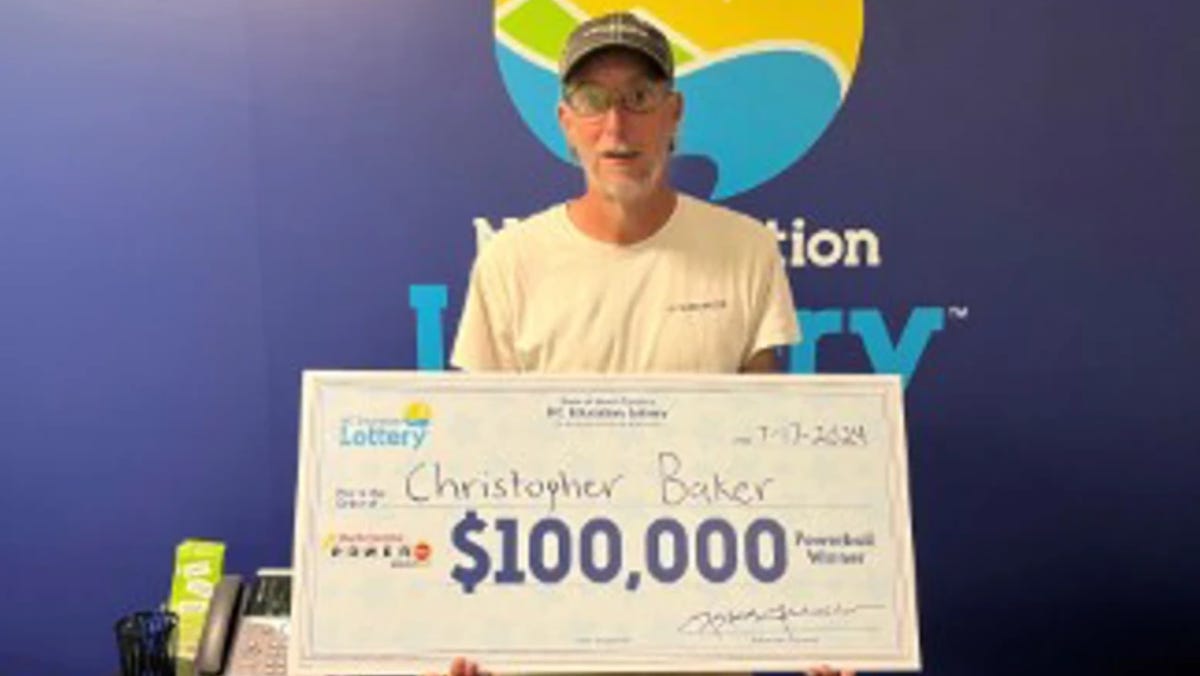
Christopher Baker of Leesburg, Alabama was on a work trip in Hickory, North Carolina, when he thought he’d try his luck on a lotto game. It turned out to be a lucrative Powerball win.
An Alabama man on a work trip in North Carolina bought a $3 Quick Pick Powerball ticket on a whim and walked away with a six-figure windfall.
Christopher Baker of Leesburg in northeastern Alabama bought his lucky ticket in July in Hickory, North Carolina, where had been traveling for work, according to Powerball.
When the numbers were drawn, Baker says he had to do a double-take when he realized he had a $100,000 winning ticket. He had matched four white balls and the red Powerball, which would have been $50,000, but a 2X multiplier doubled the win and the disbelief.
“I just kept looking at it to make sure I was reading it right,” he laughed, according to Powerball. “I told my family but they didn’t believe me. either.”
Baker, who called his win “a shocker.” said he plans to save his winnings to buy a house.
Baker will take home $71,501 after federal and state taxes are withheld.
How to play the Powerball
In order to purchase a $2 Powerball ticket, you’ll have to visit your local convenience store, gas station or grocery store − and in a handful of states, you can purchase tickets online.
To play, you will need to pick six numbers in total to mark on your ticket. Five numbers will be white balls ranging from numbers 1 to 69. The Powerball is red and one number which is between 1 and 26.
If you want to increase your chances of winning, you can add a “Power Play” for $1 which increases the winnings for all non-jackpot prizes. This addition can multiply winnings by 2X, 3X, 4X, 5X, or 10X.
Players can also ask a cashier for a “Quick Pick” where a cashier will give you a computer generated numbers on a printed Powerball ticket.
Drawings are held on Monday, Wednesday and Saturday nights. If there’s no jackpot winner, the cash prize will increase by millions.
Where to purchase tickets
Tickets can be purchased in person at gas stations, convenience stores and grocery stores. Some airport terminals may also sell lottery tickets.
You can also order tickets online through Jackpocket, the official digital lottery courier of the USA TODAY Network, in these U.S. states and territories: Arizona, Arkansas, Colorado, Idaho, Massachusetts, Minnesota, Montana, Nebraska, New Hampshire, New Jersey, New Mexico, New York, Ohio, Oregon, Puerto Rico, Texas, Washington D.C. and West Virginia. The Jackpocket app allows you to pick your lottery game and numbers, place your order, see your ticket and collect your winnings all using your phone or home computer.
Jackpocket is the official digital lottery courier of the USA TODAY Network. Gannett may earn revenue for audience referrals to Jackpocket services. Must be 18+, 21+ in AZ and 19+ in NE. Not affiliated with any State Lottery. Gambling Problem? Call 1-877-8-HOPE-NY or text HOPENY (467369) (NY); 1-800-327-5050(MA); 1-877-MYLIMIT (OR); 1-800-981-0023 (PR); 1-800-GAMBLER (all others). Visit jackpocket.com/tos for full terms.
North Carolina
Obituary for Kristie Lee Sturgill Blake at Market Street Chapel

North Carolina
NBA Draft Scouting Report: Texas’ Tre Johnson
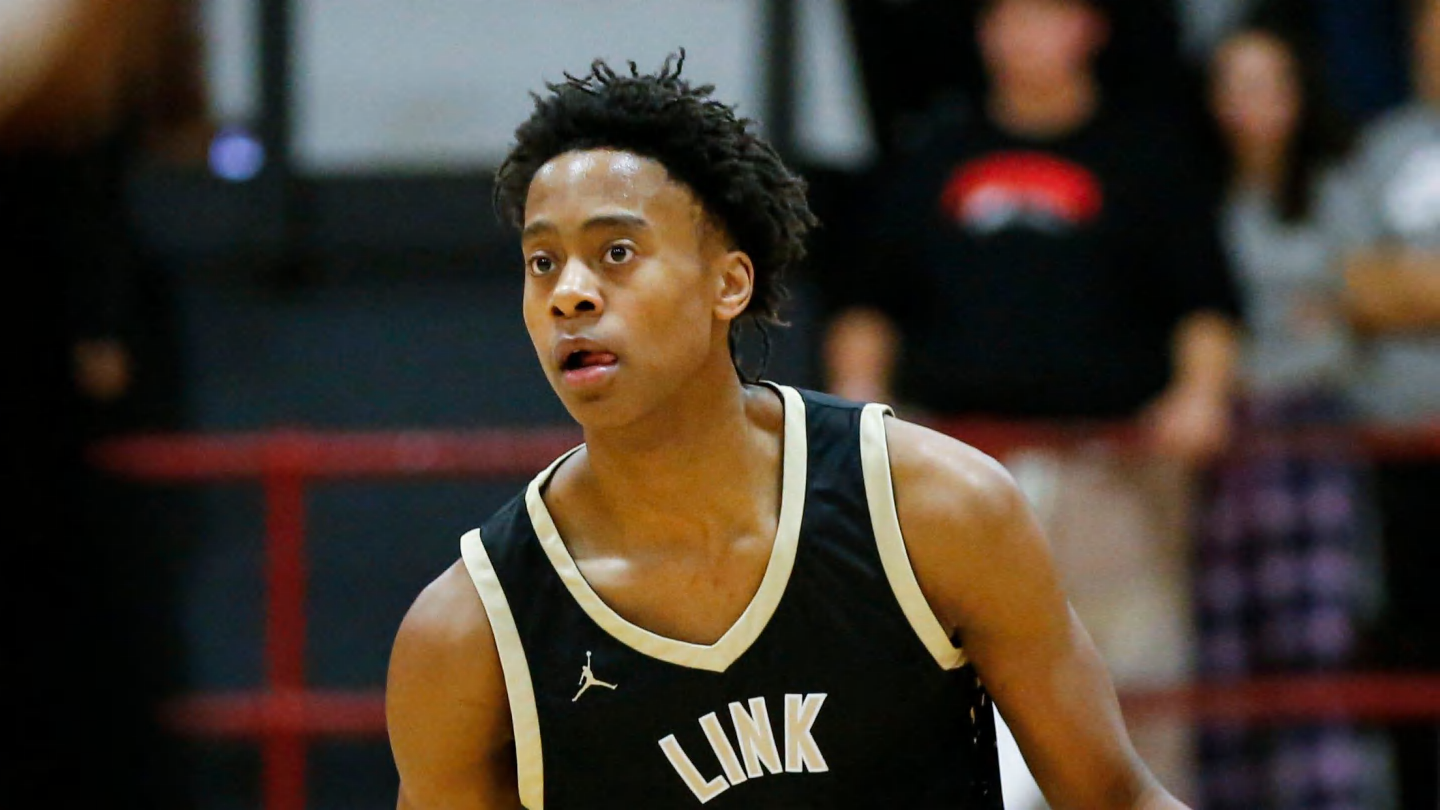
Drake Powell
Guard | UNC
Height: 6’5” | Weight: 185 lbs
2025 Draft Age: 19.78
As a natural wing or off-ball guard, Powell has what it takes to be an impact player at the next level. He boasts the positional size and athleticism to exploit his opponents on either end of the floor. Overall, he’s a very smart player with a competitive edge and is willing to adapt to what his team needs to win.
Powell is really best as an off-ball player offensively, especially given he’s not known for being a self-creator or primary ball-handler. However, he is a smart cutter and has found ways to position himself for success when finding space. To really take his game overall to the next level, the North Carolina freshman will need to prove he can become a better shooter. Whether it’s in the mid-range or beyond the arc, his jumper is inconsistent. Again, as an offensive prospect, he needs to improve to really become a two-way threat. The physical traits are there for him to get where he needs to be, but the development of his offensive game is a huge swing for Powell in terms of draft stock.
On the defensive end of the floor, Powell really shines. His athletic tools allow him to be all over the place and make plays on and off of the ball. He is quick, boasts length and is very smart as a defender. When thinking about what will differentiate him from other prospects at the next level, it will be his upside as a defensive prospect. He plays with tremendous energy and effort and he makes those around him better on the defensive side of the ball. In fact, he is one of the best defenders in the entire freshman class.
If Powell can convince NBA teams that he has the future projection of being a better offensive player, there’s no question he could be one of the most impactful players in the draft. In the meantime, he can lean on his defensive abilities to contribute to winning. The former five-star recruit is following in the footsteps of his father as a Tar Heel, as he played baseball for North Carolina when he was in school.
Mid to Late Lottery Pick in 2025 NBA Draft.
Want to know more about other potential 2025 NBA Draft prospects and where they might get selected? Check out our Draft Digest Big Board.
Want to join the discussion? Like Draft Digest on Facebook and follow us on Twitter to stay up to date on all the latest NBA Draft news. You can also meet the team behind the coverage.
For a free account and access to Cerebro Sports, the largest Basketball Player Database in the world, sign up here.
-
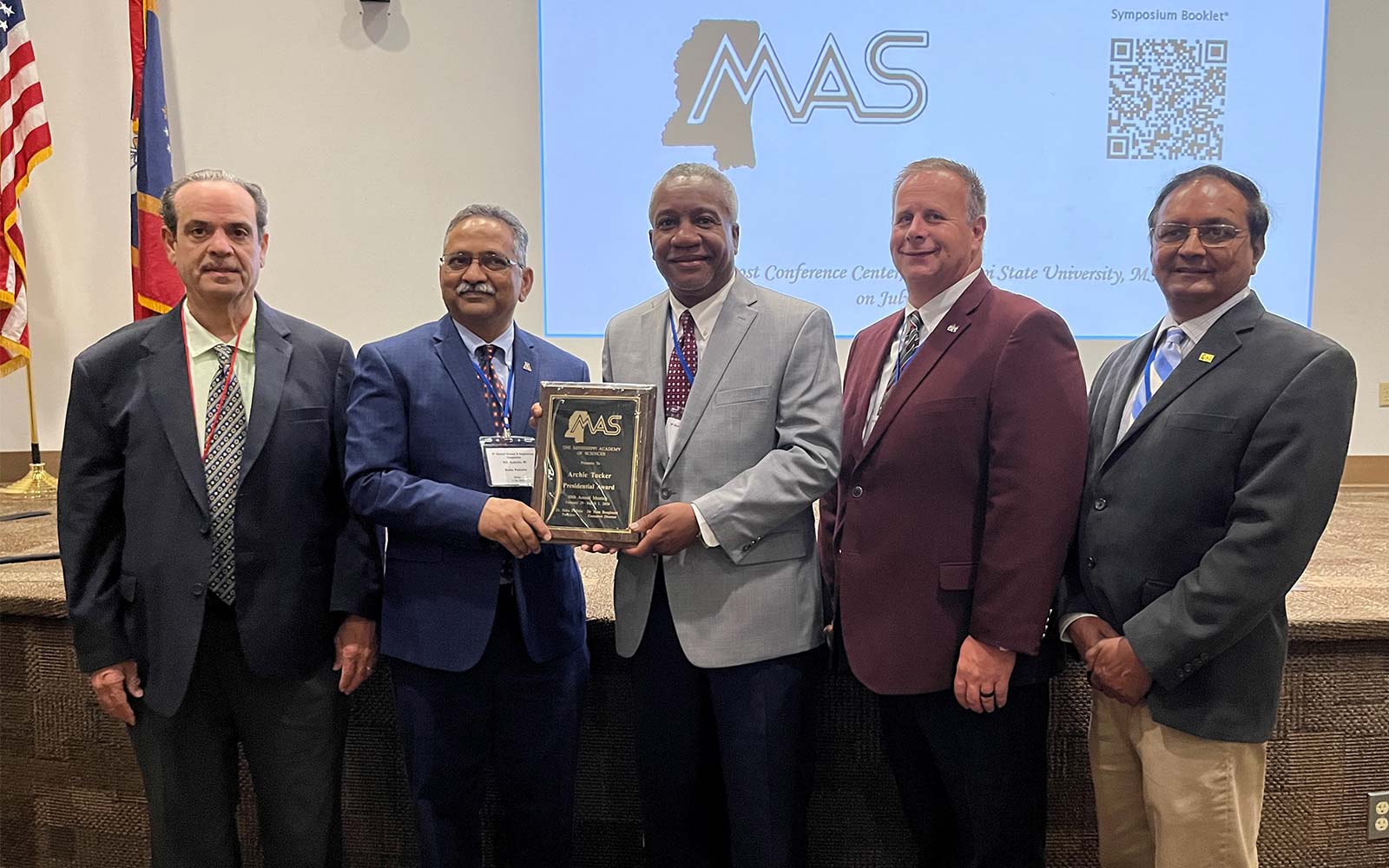
 Mississippi4 days ago
Mississippi4 days agoMSU, Mississippi Academy of Sciences host summer symposium, USDA’s Tucker honored with Presidential Award
-

 World1 week ago
World1 week agoTyphoon Gaemi barrels towards China’s Fujian after sinking ship off Taiwan
-

 News1 week ago
News1 week agoVideo: Biden Says It’s Time to ‘Pass the Torch’ to a New Generation
-

 News1 week ago
News1 week agoVideo: Kamala Harris May Bring Out Trump’s Harshest Instincts
-
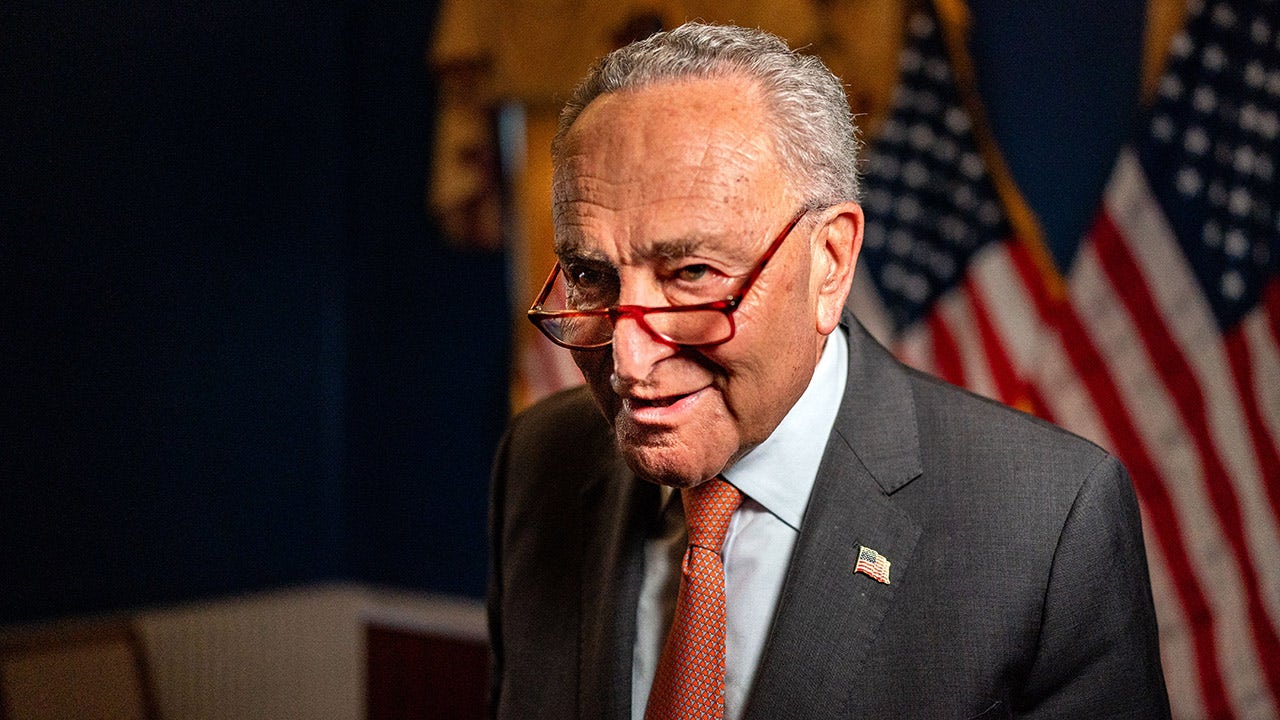
 Politics6 days ago
Politics6 days agoRepublicans say Schumer must act on voter proof of citizenship bill if Democrat 'really cares about democracy'
-

 News1 week ago
News1 week agoWho Can Achieve the American Dream? Race Matters Less Than It Used To.
-
World5 days ago
More right wing with fewer women – a new Parliament compendium
-

 Politics1 week ago
Politics1 week agoHouse unanimously votes to create Trump assassination attempt commission










